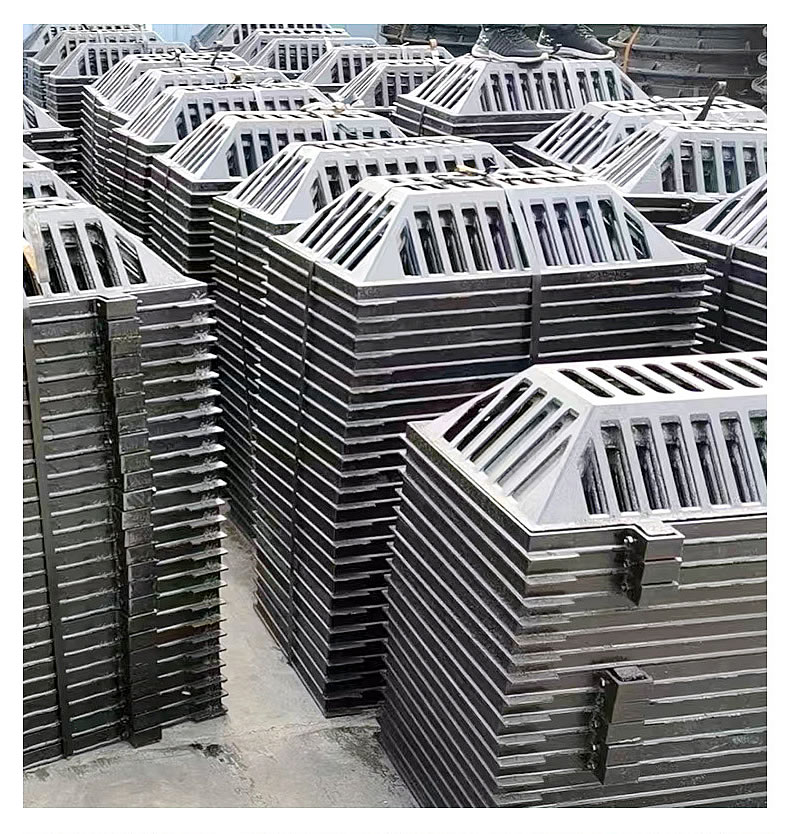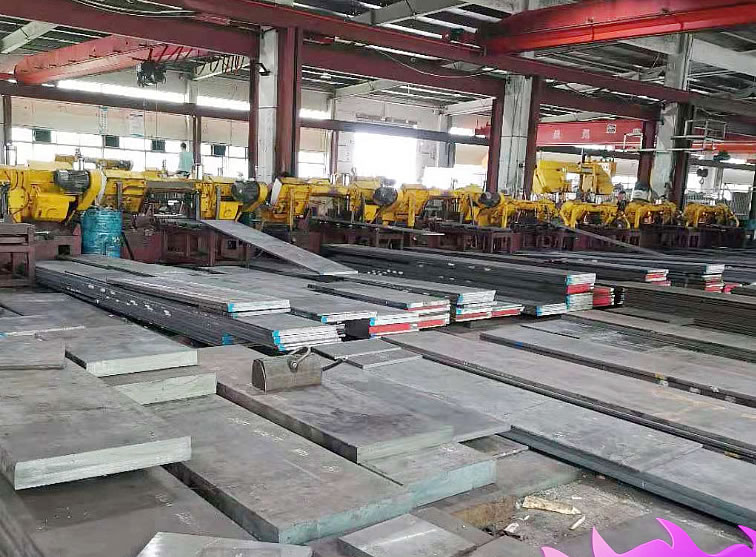Ductile Iron: What It Is And Its Applications
Ductile Iron is a type of iron that has characteristics which make it an ideal material for many applications. It offers several advantages over other types of iron, including increased tensile strength and ductility, as well as improved machinability. It also has excellent corrosion resistance properties and can be used in both indoor and outdoor environments. It is commonly used in the automotive industry, manufacturing industries, construction projects, power plants, pipelines, bridges and more. In this article we will explore what It is and how it differs from other types of iron, discuss its advantages and benefits as well as common applications for Ductile Iron products. We will also provide some tips on working with It to ensure successful results every time.
1. Overview of Ductile Iron
Ductile Iron is a type of iron that has been specifically designed to provide superior strength and ductility compared to other types of iron. It offers several advantages over traditional cast iron, such as increased tensile strength, improved machinability, and excellent corrosion resistance properties. It can be used in both indoor and outdoor applications due to its weathering characteristics. It is commonly used in the automotive industry for engine components, manufacturing industries for machine parts, construction projects for bridges or pipelines and power plants due to its high temperature stability.
2. What is Ductile Iron and How Is It Different from Other Types of Iron
Ductile Iron is a type of iron that has been specifically designed to provide superior strength and ductility compared to other types of iron. It features increased tensile strength, improved machinability, and excellent corrosion resistance properties. Its weathering characteristics also make it suitable for both indoor and outdoor applications. It differs from traditional cast iron in that it has higher levels of carbon, silicon, manganese, and magnesium which give the material its unique properties such as greater malleability and toughness. It can be used in a variety of industries including automotive manufacturing, construction projects, power plants, pipelines and bridges due to its ability to withstand high temperatures better than other types of iron.
3. Advantages and Benefits of Ductile Iron
It also has improved machinability, allowing for easier shaping and forming when compared with other materials such as steel. It is also corrosion-resistant, meaning it can be used in both indoor and outdoor environments without fear of rust or degradation due to weathering. Additionally, It has excellent temperature stability which makes it suitable for use in the automotive industry, manufacturing industries, construction projects, power plants, pipelines and bridges. All these qualities make it a popular choice for many applications where durability and strength are key factors.

4. Common Applications for Ductile Iron
Ductile Iron’s superior strength and ductility makes it suitable for use in the automotive industry, manufacturing industries, construction projects, power plants, pipelines and bridges. It’s increased tensile strength compared to other types of iron make it more durable and less prone to fractures or breaks. It also has improved machinability allowing for easier shaping and forming when compared with other materials such as steel. It’s corrosion resistance properties allow it to be used both indoors and outdoors without fear of rust or degradation due to weathering while its temperature stability makes it ideal for high-temperature environments.
5. Tips For Working With Ductile Iron
Ductile Iron has high tensile strength, improved machinability, excellent corrosion resistance properties, and exceptional temperature stability making it suitable for use in the automotive industry, construction projects, power plants, pipelines and bridges. To ensure successful results every time while working with it’s products one must be aware of some key tips to follow.
6. Final Thoughts on Ductile iron
Ductile Iron is a strong, durable and highly versatile material with numerous advantages and benefits for various applications.It’s superior tensile strength, improved machinability, corrosion resistance properties and temperature stability make it suitable for use in the automotive industry, manufacturing industries, construction projects, power plants, pipelines and bridges. It is an incredibly versatile material that can provide exceptional results when you follow the correct tips and techniques. Ductile Iron is a popular choice for many projects due to its durability, strength, and versatility. With the right knowledge and understanding about it, one can get the most out of it on their next project.

